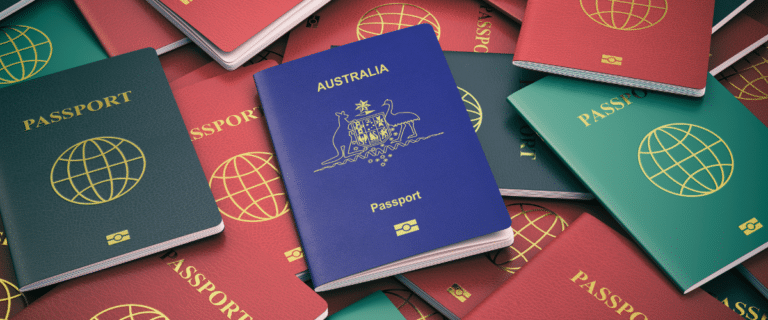Migration Law Update – Sourced from The Australian
The Coalition’s renewed commitment to a specialist agriculture visa has raised significant concerns from migration policy experts and foreign policy commentators, as reported in The Australian (1 May 2025). The visa plan, intended to address labour shortages in agriculture, is being criticised for its potential to harm diplomatic ties with Pacific nations and create inconsistencies in Australia’s broader migration strategy.
According to The Australian, Nationals Leader David Littleproud confirmed that if elected, the Coalition would reintroduce the agriculture visa scheme as a means to address regional labour gaps and reduce reliance on the Pacific Australia Labour Mobility (PALM) scheme. He was quoted saying Labor had treated the agricultural sector “with contempt” and promised to “keep the regional agriculture visa for backpackers to work regionally, and develop a food security strategy.”
However, critics argue the proposal is diplomatically and administratively problematic. Former Department of Immigration deputy secretary Abul Rizvi described the plan as “ridiculously inconsistent” with the Coalition’s separate pledge to reduce net overseas migration by 100,000 people. Rizvi further likened the visa’s potential effect to “modern slavery,” warning that foreign workers brought in under the visa “would be ridiculously inconsistent, because if you are on a visa, why wouldn’t you be required to go home?”
There is also concern that the scheme could undermine the existing PALM program, which prioritises Pacific nations for seasonal agricultural work. Professor Howes noted that the proposed visa “doesn’t make sense, obviously it’s bad for the Pacific,” and warned that it “really doesn’t make sense from a foreign policy point of view.” He added that turning the initiative into an “Asian PALM” could pit Pacific Islander workers against Asian counterparts in a competitive labour market.
A Labor spokeswoman criticised the Coalition’s stance as “neglecting the Pacific” and “pledging to do it all again,” warning it could destabilise regional alliances by “establishing a rival labour mobility program with Asia.”
Despite these concerns, Coalition advocates claim the visa would be “custom-built” to meet sector needs, ensuring flexibility and addressing workforce shortages in rural and regional Australia.
This article presents important insights into how political visa pledges can impact both domestic migration policy and international diplomatic relations. Practitioners advising clients in the agriculture, regional sponsorship, or labour hire sectors should monitor any developments in this space closely.
This update is based solely on the report published by The Australian on 1 May 2025.



